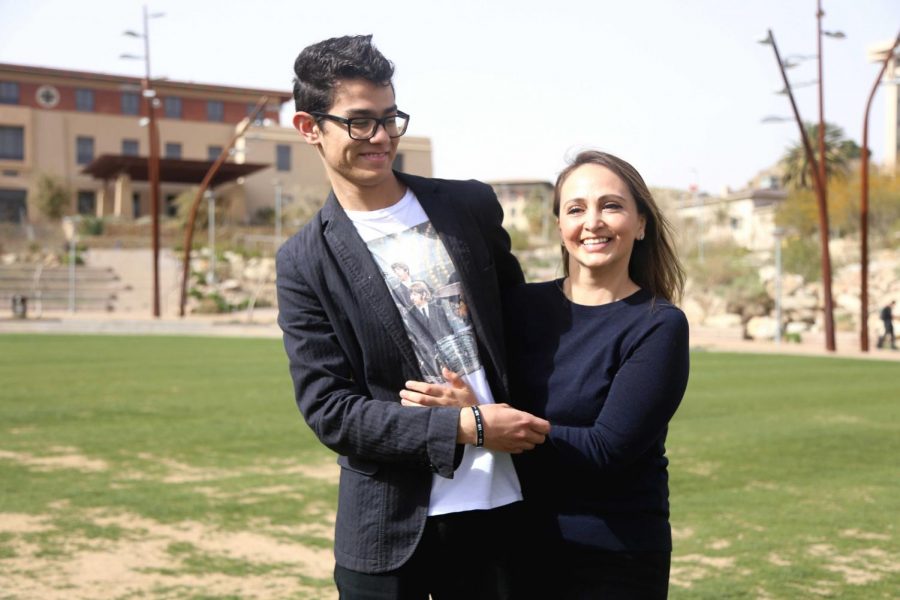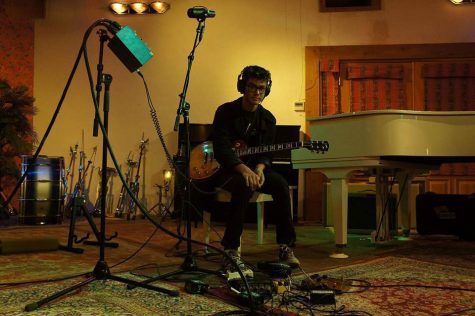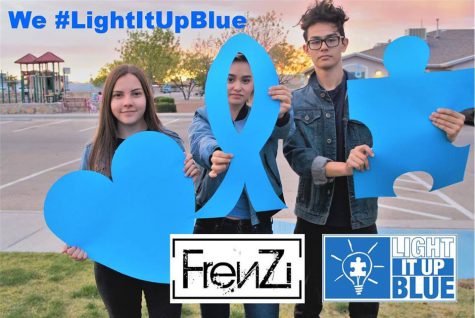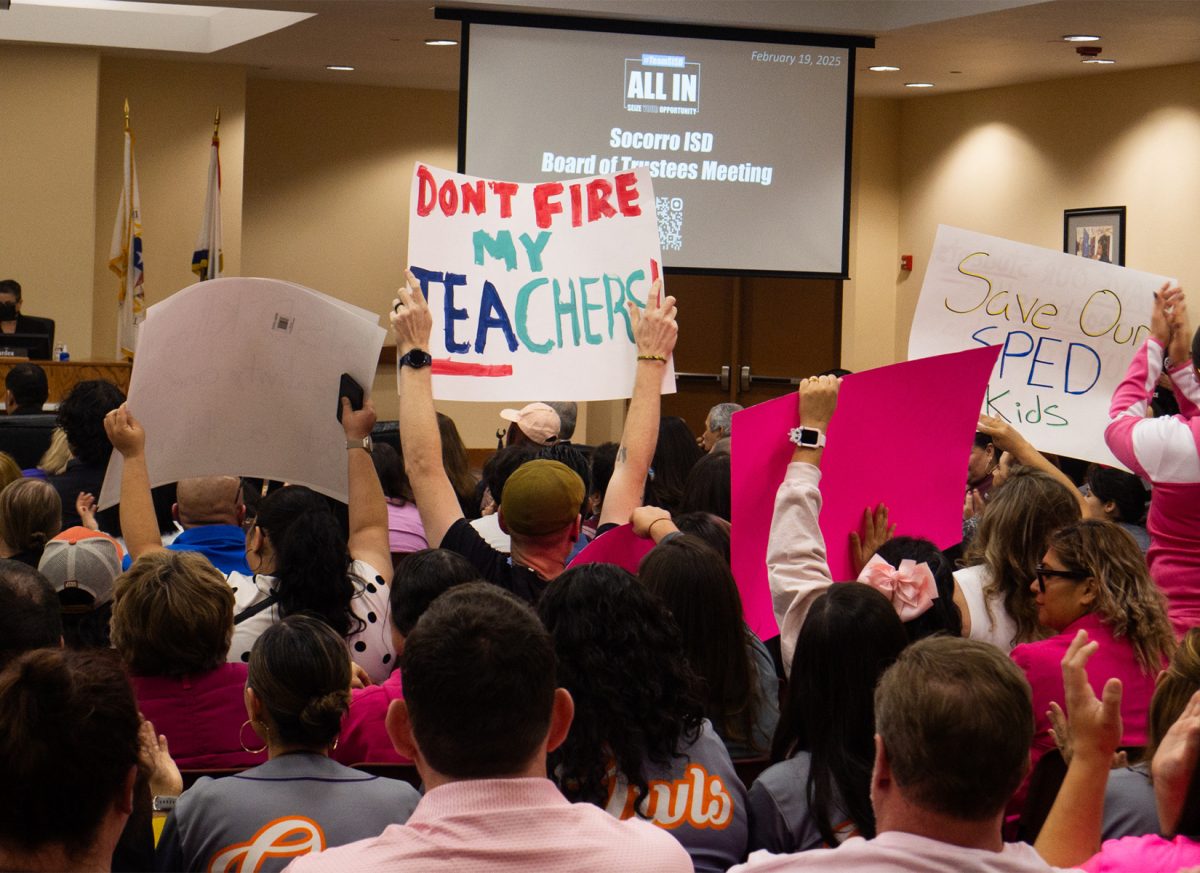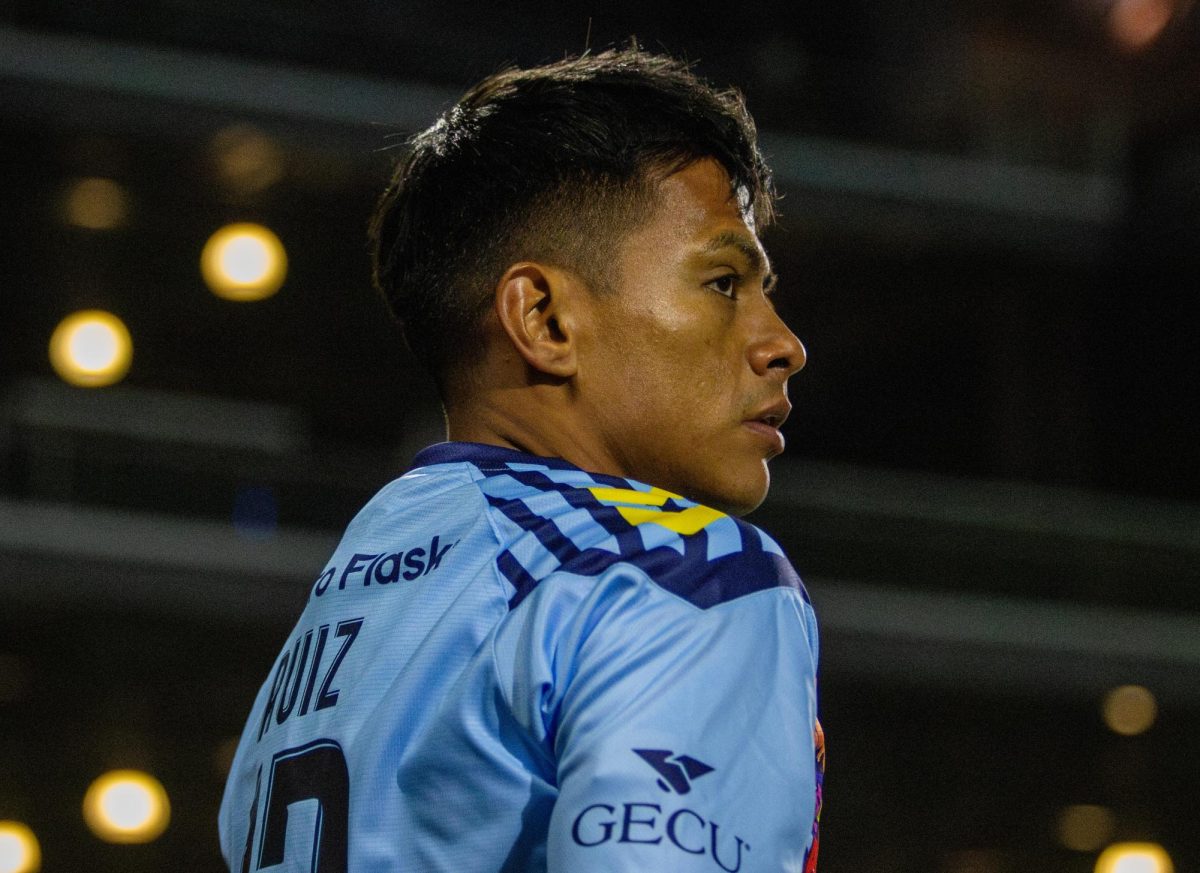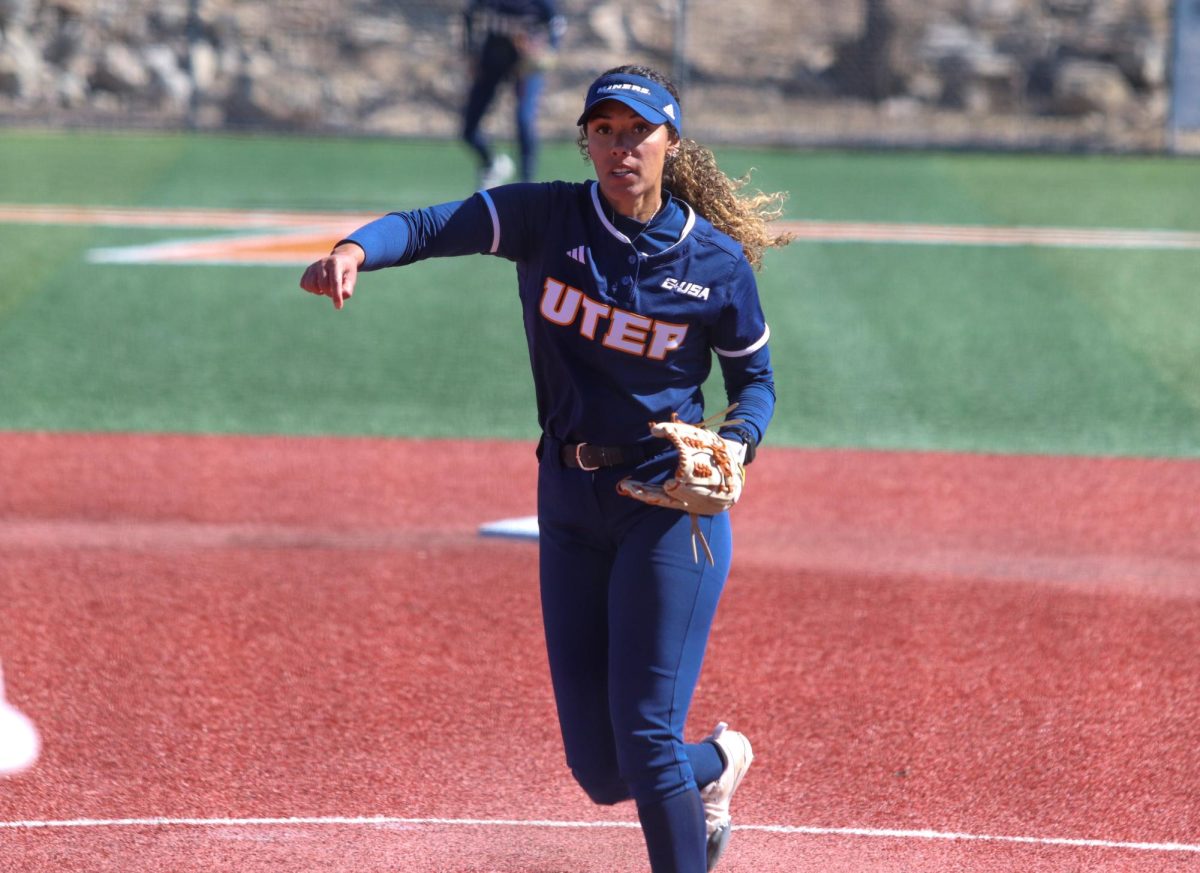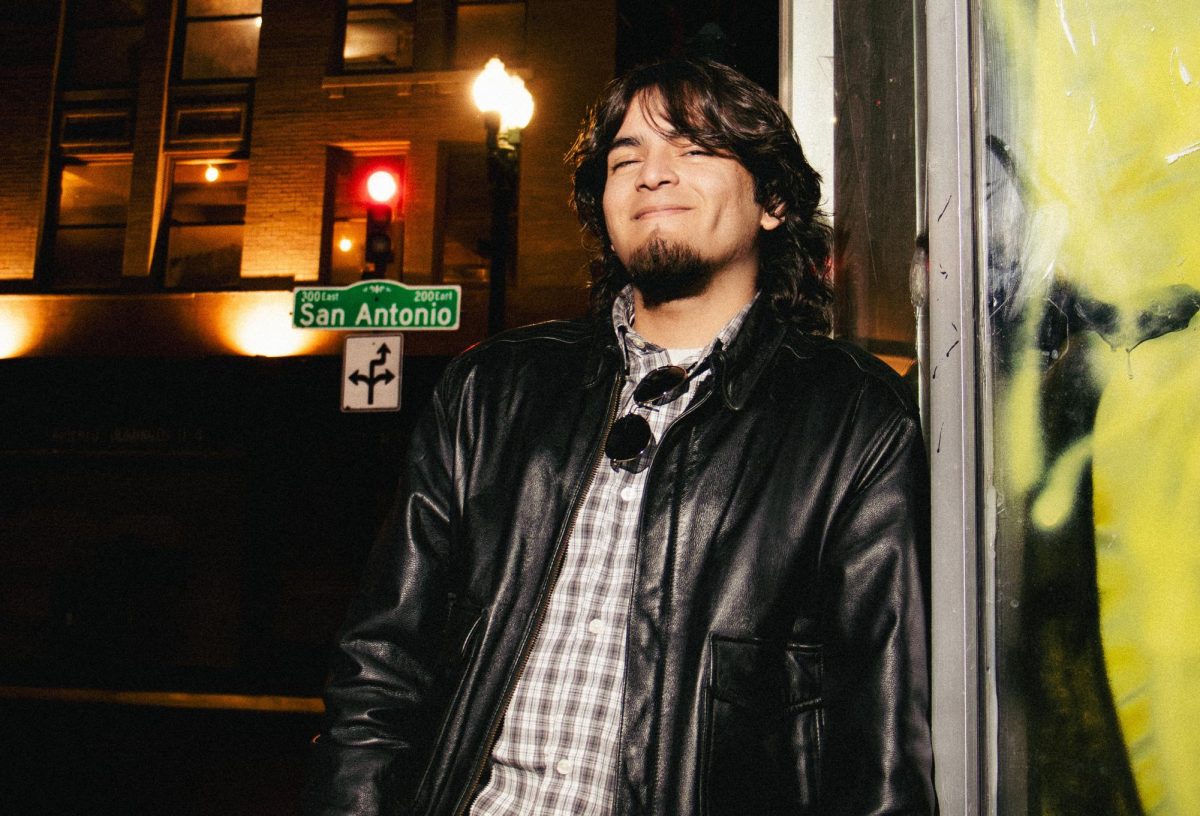Music has a significant meaning in the lives of many, but for a teenager with autism, it can mean everything.
“I think it’s a better way for me to express myself than with words,” said Darío Barrera, a student at Americas High School. “(Autism is) a different ability that others don’t have.”
Darío, who was just offered a music scholarship from the University of Texas at San Antonio, is an academically active teenager, who in the month of February participated in live auditions in New York at the Julliard School and the Manhattan School of Music to pursue his dreams.
According to the Center for Disease Control’s Autism and the Developmental Disabilities Monitoring Network, about one in 68 children have been identified with the autism spectrum disorder.
Some of the symptoms of autism include difficulty with communication, difficulty with social interactions, obsessive interests and repetitive behaviors.
After Darío was diagnosed with autism at the age of 5, his mother, Maria Fuentes, said she and her son experienced a lot of problems that seemed impossible to overcome.
Fuentes, who is a graduate student in the UTEP master’s program of public health, decided to buy her son a classical guitar when he turned 7.
Since then, Darío’s life has revolved around music. He started his own rock band, Frenzi, and has a Facebook page, where he uploads videos of himself performing with his guitar.
“He didn’t speak at all, but he was always humming to music. Music was the way to help him connect to the world,” Fuentes said. “It was the way he was able to show his feelings, emotions, rants—whatever he felt.”
With a guitar in his hands, Darío has been able to overcome the bullying and common stereotypes against people with autism. He said autism is not important because all he needs is music.
“I remember a lot of parents telling their kids to not play with my son and to stay away from him, so there is a lot of misunderstanding of what autism is,” Fuentes said. “We just tend to label everything, but we should focus on what the best resources are and to educate people.”
Fuentes said that the support from her husband and family was a key factor to helping Darío to become a successful student.
“My son has this ability to speak seven or eight languages. You always see him with a different book learning a new language,” Fuentes said. “My son is very smart and people shouldn’t think that autism is going to stop people from having a good and productive life.”
Fuentes also said that she had to talk to people to try to educate them about autism because there are common misconceptions about what this disability holds.
This is why she, who is also the vice president of Students for Public Health at UTEP, decided to create a one-day event to help break the stereotypes and misinformation about autism.
“Of course my Darío was my inspiration,” she said. “I wish I could have that type of dedication that he has to his music.”
Fuentes said that she wants to send a message of inclusion and of acceptance to people who fall on the spectrum of autism disorders and their families. She said that one of the main goals is to spread education among everyone at UTEP and El Paso.
SPH is now getting ready for UTEP Lights Up Blue for Autism Awareness during Autism Awareness Week, March 26 to April 2. The event will be held on April 2 at the Health Sciences Building, room 206, from 1:30-5 p.m.
During the event, speakers will talk about success stories of people with autism and the current research on the disorder. The Autism Society of El Paso and the Paso del Norte Children’s Development Center will share local resources available in the region.
Oralia Loza, associate professor and faculty advisor for SPH, said that she is proud of the work and efforts that her students are doing for UTEP and El Paso.
“They want to bring awareness about the needs for more services for people and families with children on the spectrum,” Loza said. “We want to provide information, resources and also share what UTEP is doing in terms of autism research.”
Loza said that the last hour of the event will be used as a networking space between the parents, students, faculty and the agencies that will attend the event.
“Sometimes that communication, as simple as it seems, can spark solutions and new ideas and new approaches,” Loza said.
The CDC estimated that the total cost per year for children with autism in the U.S. is between $11.5 billion – $60.9 billion.
Fuentes said that families should not give up on the lives of people with autism because they have great abilities that others simply don’t understand.
“Autism is not a disability to achieve great things and that’s the message that we want to give everyone,” Fuentes said. “We want our students to have acceptance for these people.”

